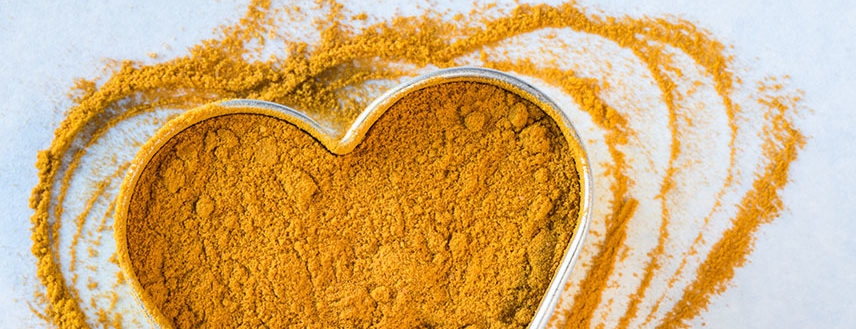
Turmeric, the edible root often used in cooking also has a long history of medicinal use. It contains an active compound, curcumin, that has antioxidant and anti-inflammatory properties. Recent research has shown that curcumin influences many factors involved in anxiety and depression.
Depression, otherwise known as clinical depression or major depressive disorder, is a common mood disorder. Its impact on daily life can be extensive. It can change how you think, how you feel, how you act, as well as your ability to sleep, eat, and be productive.
Symptoms can vary from person to person, but for the most part, there’s a lot of overlap among those suffering from depression. Feelings of hopelessness, worthlessness, pessimism, emptiness, a sense of being alone are among those most common. You are at a higher risk if you have a family history of depression. The odds also increase if you’ve recently undergone significant life changes, stress, or trauma, or if you’re dealing with illnesses or medical problems.
Recent studies have made a connection between depression and chronic inflammation. It’s not clear if inflammation causes depression or vice versa, however, the research suggests that the two exacerbate one another. Antioxidants like curcumin fight damaging free radicals that cause inflammation. By reducing oxidative stress, they can also reduce inflammation.
One study tested 123 individuals with Major Depressive Disorder (MDD) in a double-blind, placebo-controlled, and randomized environment. Researchers split the subjects into four different groups and treated with either a placebo, 250 mg of curcumin, 500 mg of curcumin, or 250 mg of curcumin plus 15 mg of saffron.
The results showed that the three active drug treatment groups had greater antidepressant effects than the placebo. Researchers suggested that turmeric appears to influence multiple biological mechanisms linked to major depression, such as oxidative stress pathways and immune-inflammatory activity. Curcumin also modulates monoaminergic action, which is responsible for regulating neurotransmitters, namely dopamine, serotonin, norepinephrine, and epinephrine.
Perhaps most telling, a 2017 review looked at all of the research on using turmeric — specifically, curcumin — to help treat depression. Scientists concluded that curcumin may indeed be a safe and effective complementary natural treatment option for those suffering from anxiety and depression.


